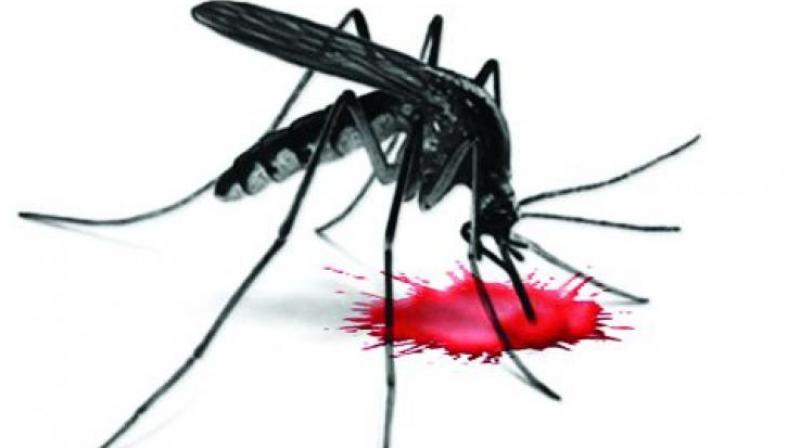Do not donate blood for six months if infected with dengue, say experts
Five cases of transfusion-transmitted dengue, including one case of dengue haemorrhagic fever, have been documented.

Hyderabad: Those infected with dengue must not donate blood for six months after recovery, according to the recent guidelines released by the National Blood Transfusion Council, as the dengue disease can also be transmitted through blood. That dengue viruses are transfusion-transmitted pathogens was recognised in 2008. Five cases of transfusion-transmitted dengue, including one case of dengue haemorrhagic fever, have been documented.
These cases have raised concerns about the risk of transmission of dengue via blood transfusion and hence the six-month embargo on donating blood for dengue and chikungunya patients. Those who have visited a dengue or chikungunya-infected endemic area must not donate blood for four weeks, the guidelines state.
Dengue is transmitted through mosquitoes but the form of transmission through blood has been recently confirmed. In its 2012 ‘Guidelines on Assessing Donor Suitability for Blood Donation’, the World Health Organisation also recommends that individuals with a history of dengue or chikungunya should defer blood donation for six months following full recovery from infection.
Paediatrician S.S. Krishna says that though dengue due to blood transfusion is very rare and has not been reported in India, “taking precautions as prescribed by the NBTC is very important to avoid dengue fever.”
With donor screening for dengue not being mandatory in India, the transmission of the virus can be faster and quicker and for this reason doctors must be vigilant and do not not donate blood.
Says paediatrician Dr Preeti Sharma, “Donor transmission has not been noted in the practice. Many ask blood donors whether they have had fever in the past three months. The new guidelines come as a precautionary measure.”
In 2018 two deaths and 4,026 cases of dengue were reported from Telangana state in the national vector-borne disease control programme. Dengue is mainly a mosquito-transmitted disease with symptoms such as fever, headache, rashes, muscle and joint pains, vomiting and nausea.
The factors responsible for the dengue epidemic are unusual growth of human population, unplanned and uncontrolled urbanisation, inadequate water management, water supply mismanagement, increased distribution and densities of vector mosquitoes and lack of effective mosquito control measures.

